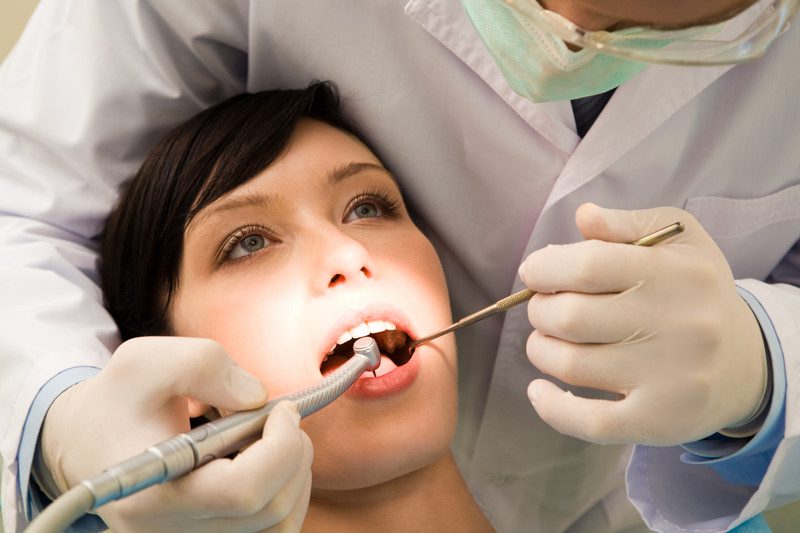I Just Brushed My Teeth, But My Breath Still Smells

Occasional bad breath can be a little embarrassing, but it’s frustrating when it persists, even after regular brushing. Bad breath, or halitosis, develops from bacteria buildup from food particles left on teeth. Daily brushing or even a professional cleaning from your local dentist might not be enough to restore your breath. Here are some common reasons for persistent bad breath.
Cavities and Tooth Decay
Cavities are great hiding places for bacteria that cause bad breath. Removing these bacteria can be difficult because they’re too far down to reach with a brush.
Gum Disease
Bacteria can also hide in the deep pockets of gums affected by gingivitis or periodontitis. Plaque, a type of bacteria that causes cavities, can lead to gum disease if left to accumulate, contributing to persistent bad breath. A more serious complication is when gum disease advances and causes decay in the bone supporting your teeth. This level of decay can make breath smell rather unpleasant.
Dry Mouth
The “ecosystem” in your mouth can’t thrive without saliva, which helps you chew food, speak, and swallow. If your saliva glands don’t make enough saliva, you end up with dry mouth, which can allow the accumulation of the unhealthy bacteria that causes bad breath.
Certain Medications
If you take certain antidepressants or prescriptions for diabetes or cholesterol, you might experience the effects of dry mouth. Even some antihistamines can give your breath an unpleasant odor.
Some Foods
If you regularly enjoy garlic and onions, you’ve probably noticed how their smells will remain on your breath long after you brush your teeth. The odor can even linger a whole day, especially after eating garlic. That’s because after it hits your stomach, the oils from the garlic enter your bloodstream and travel to your lungs, eventually coming back up through your breath. If you have enduring garlic breath, try eating mint leaves, an apple, or raw lettuce.
Smoking and Tobacco Use
Considering all the harms associated with smoking and tobacco use, one of the aesthetic drawbacks is bad breath. Smoking can cause dry mouth and contribute to gum disease, which we know leads to bad breath. The tobacco smoke that stays in the mouth is also a contributing factor.
Underlying Health Condition
Some cases of bad breath aren’t due to poor oral hygiene. Instead, people with certain medical conditions can experience bad breath because of the inevitable changes in bacteria in the body and bloodstream. Conditions contributing to bad breath include
- Chronic bronchitis
- Diabetes
- Gastroesophageal reflux disease (GERD)
- Kidney disease
- Liver disease
- Post-nasal drip
- Respiratory infection
- Sinus infection
- Sleep apnea
What You Can Do About Bad Breath
If your bad breath won’t go away after routine brushing, several solutions exist. The first step is to see if you can improve your dental hygiene. The American Dental Association (ADA) recommends
- Brushing at least twice daily
- Brushing or scraping your tongue
- Using fluoride toothpaste
- Using floss or dental picks each day
- Limiting sugary foods and drinks
- Getting dental check-ups and professional cleanings every six months
Between brushings, you can try over-the-counter sprays that combat dry mouth, and be sure to take extra steps to hydrate yourself throughout the day. You might also try sugar-free candies or lozenges to ramp up saliva production to keep the harmful bacteria at bay.
If you’ve made several changes and still suffer from bad breath, it’s time to consult your local family dentist. Getting a teeth cleaning near you at Beckham Square Family Dental is easy. We can help you determine the root cause of your bad breath and recommend the best treatment.
